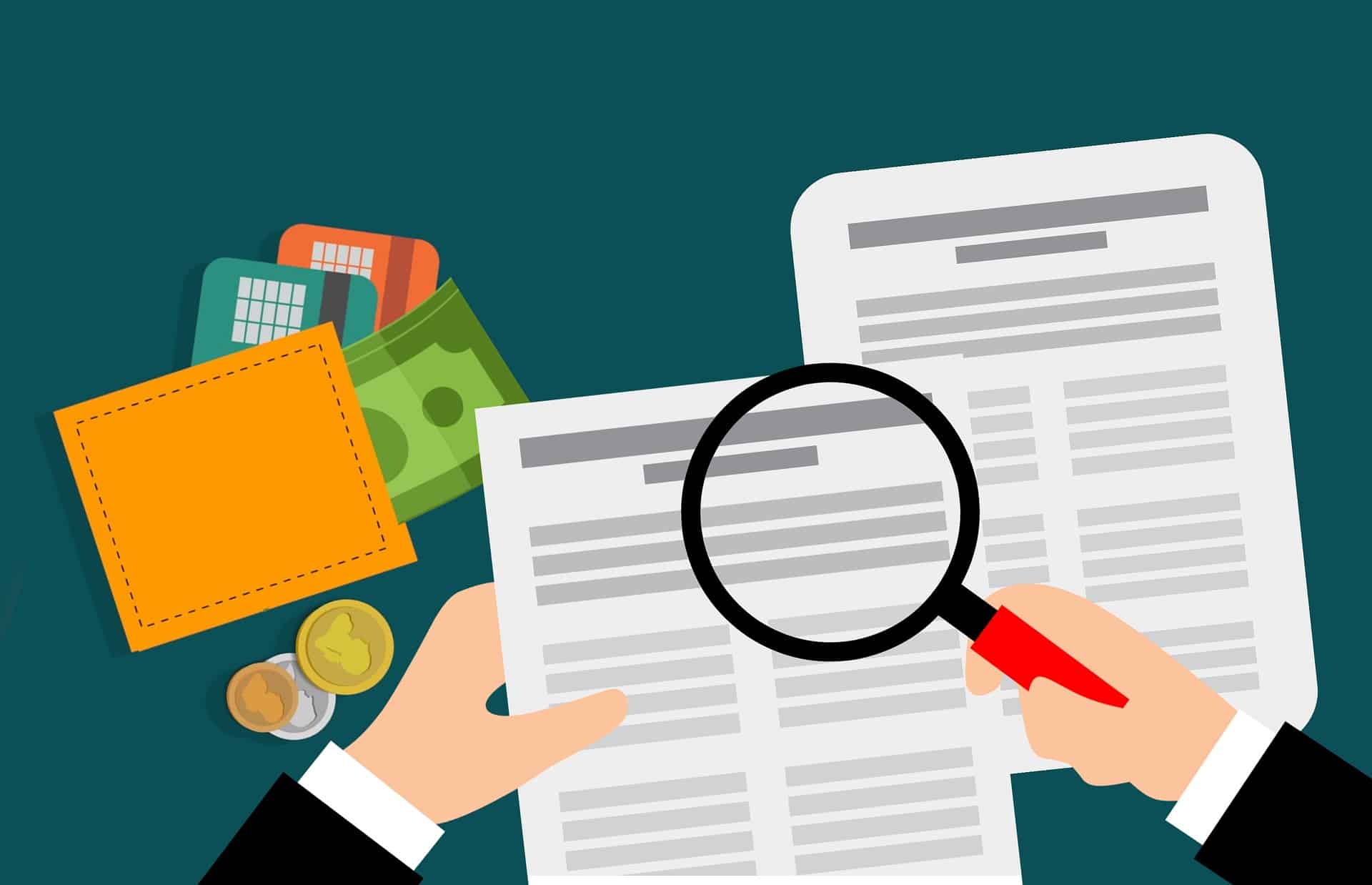By: Dona DeZube Reprinted from HouseLogic.com with permission of the NATIONAL ASSOCIATION OF REALTORS®.
With some credit report errors not getting fixed by either the credit reporting bureau or credit card companies, at least you have the Consumer Financial Protection Bureau in your corner. When you find an error in your credit report and send the credit bureau proof that your creditor was wrong when it said you paid late, didn’t pay at all, or, worse yet, are deceased, you expect the bureau and your creditor to do the right thing. Like acknowledge the error and correct your credit report to show you paid on time, paid off your debts, or are still alive. And yet, the Consumer Financial Protection Bureau (CFPB) recently had to tell the credit bureaus (and the companies that report your payment record to the bureaus) to pay attention to your complaints and take more care investigating your disputes. It’s like the Department of Transportation having to order school bus drivers to use the brakes to stop their buses.
How Errors Get Perpetuated
Keeping track of your payment history is the credit bureau’s job. Nevertheless, a 2012 Federal Trade Commission report found 20% of consumers had errors in their credit report. And about 5% of consumers had errors in their credit report that could affect the likelihood of receiving credit or the terms of credit received. To do their job right, the credit bureaus have to get accurate information each month from the companies that report data to them — parties like credit card issuers, mortgage lenders, auto loan companies, and student loan lenders. When you tell a credit reporting bureau there’s an error in your report, the bureau contacts the company that furnished the information about you. You’d think the bureau would pass along whatever documents and proof you have to show you paid on time. Not so much. In the past, they’ve simply boiled down your issue into a data code and sent that, not your proof (a letter explaining the issue, supporting documents) to the data furnisher. Evidence is important in establishing that the data furnisher made an error. That’s why the CFPB stepped in and told the credit bureaus they need to pass along the evidence that supports your dispute. Regardless of whether they see your proof, credit furnishers sometimes respond to an error report by simply deleting the disputed account, the CFPB said. That’s not good for you because the furnisher isn’t: Correcting your information, or Telling the other two credit reporting companies (there are three big ones) that it made a mistake in the information it provided about you. Here’s an example of how this might work: Suppose you have an auto loan that you paid on time every month for 60 months. But the auto loan company says once you paid 90 days late. You dispute, and the auto lender removes your account from the data it reports to the credit bureaus. Now, you don’t have the late payment report on your record, but you also don’t have the 60 months of on-time payments either. A mortgage lender pulling your credit report, for instance, won’t see that positive payment history, so your credit rating might decline just when you’re trying to get a home loan or refi.
Catch Credit Report Errors Early
In a related move, the CFPB also suggested credit card companies follow the example set by Discover, Barclaycard, and First Bankcard and start showing consumers the credit scores they use to set the rates their customers pay. Discover shows credit scores on customers’ monthly statements. Barclaycard and First Bankcard give customers free access to their scores via a website.The CFPB is asking for credit score disclosure because it wants you to pay closer attention to your credit standing. “Consumers often learn the importance of their credit standing when it is too late — after a credit application is denied or identity theft has occurred,” CFPB Director Richard Cordray said in a letter to credit card companies. “Sometimes they fail to see the importance of their credit standing even if it has affected them in material ways, such as being rejected for a job or charged a higher price for a loan.”
How Do I Get Errors Fixed?
- It’s up to you to guard your credit. The first step is checking to see what’s in your credit report. You can get one free credit report from each of the three bureaus once a year. Then, if you find mistakes, get to work trying to correct them. If the credit bureau doesn’t fix the error, complain to the CFPB. You can:
- File your complaint online
- Call the toll-free phone number at 855/411-CFPB (2372) or TTY/TDD phone number at 855/729-CFPB (2372)
- Fax the CFPB at 855/237-2392
- Mail a letter to: Consumer Financial Protection Bureau, P.O. Box 4503, Iowa City, Iowa 52244
The CFPB will give you a confirmation number immediately, email updates along the way, and you’ll be able to check the progress of your case online.
Dona DeZube has been writing about real estate for more than two decades. She lives in a suburban Baltimore Midcentury modest home on a 3-acre lot shared with possums, raccoons, foxes, a herd of deer, and her blue-tick hound. Follow Dona on Google+.











